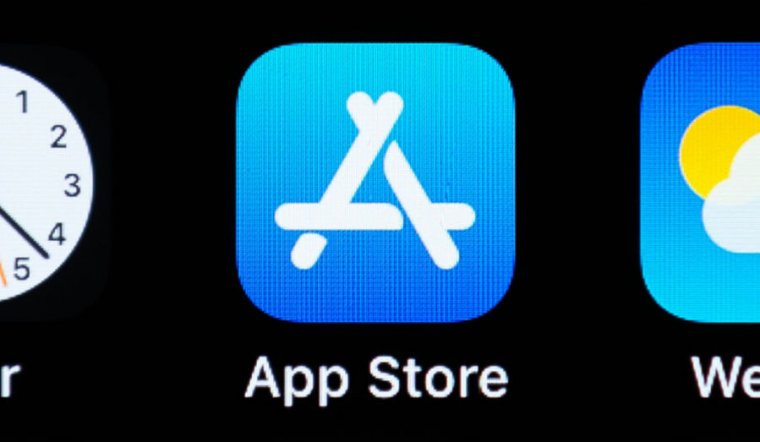Apple apologizes to WordPress, no longer requires free app to add purchases

WordPress for iOS is a free app that connects to the company’s free open source content management system, which millions of sites around the Web use for some part of their structure. WordPress the company also sells domain names and an array of personal, business, and enterprise Web hosting packages. Apple, unfortunately, seems to have mixed the two up over the weekend and briefly forced WordPress to add in-app purchases that it otherwise wouldn’t have, so it could take a cut.
“Heads up on why @WordPressiOS updates have been absent… we were locked by App Store,” WordPress founder Matt Mullenweg explained in a series of Tweets on Friday. “To be able to ship updates and bug fixes again, we had to commit to support in-app purchases for .com plans. I know why this is problematic, open to suggestions.”
WordPress opted for the path of least resistance, as The Verge reported, and agreed to add paths inside their iOS app for users to purchase premium offerings including domain names. Because of the agreements developers make with Apple to have their apps approved for the App Store, 30 percent of any purchases made through the WordPress app after that functionality was added would have gone to Apple.
“I’m aware there are other apps with similar functionality to @WordPressiOS, and in the same market, that don’t offer in-app purchase,” Mullenweg added. “My guess is they will get similar feedback soon so I’d encourage them to start making [in-app purchase] plans.”
Over the weekend, however, Apple seemed to realize it had messed up and reversed its ruling. “We believe the issue with the WordPress app has been resolved,” Apple said in a statement. “Since the developer removed the display of their service payment options from the app, it is now a free stand-alone app and does not have to offer in-app purchases. We have informed the developer and apologize for any confusion that we have caused.”
The app, however, always was a free, stand-alone app. “I am very grateful that folks at Apple re-reviewed @WordPressiOS and have let us know we do not need to implement in-app purchases to be able to continue to update the app,” Mullenweg wrote in another series of Tweets. He added:
My understanding was the previous decision was final, and we had already made many of the arguments people suggested privately over the several weeks the app was locked. We will continue to be responsive and do our best to be within both the spirit and letter of the app store rules, including closing any webview loopholes that pop up. This also made me appreciate the freedom of the open and independent web. My life’s mission, and the purpose of WordPress, is to increase the freedom of the internet. I hope in addition to native apps people continue to create websites and web apps that provide accessibility, autonomy, and freedom to the widest audience. Future generations deserve it.
Getting jumpy
It seems Apple may be feeling a bit besieged over its App Store terms at the moment, as its 30-percent cut of purchases—and the fact that some very large firms are able to negotiate better terms—is the center of international attention.
Less than two weeks ago, Fortnite developer Epic Games deliberately flouted Apple’s in-app purchase rule to goad Apple into banning it from the platform. Immediately after Apple did so, Epic filed a civil antitrust suit accusing Apple of harming competitors through anti-competitive terms.
In the days since, the case has only escalated: Apple threatened removal not only of Epic’s games, but also of Unreal Engine, from both iOS and Mac, which led to Microsoft joining the legal fray on Epic’s side.
Competition regulators around the world have also been closely scrutinizing Apple’s App Store terms. The European Union opened a formal probe into Apple’s pricing strategies following a 2019 complaint from music streaming service Spotify. Messaging app Telegram also filed a complaint with the EU last month.
US regulators, too, have been probing Apple, alongside Google, Amazon, and Facebook, over potentially anticompetitive behavior. Although Apple maintains it applies its App Store policies evenly across all developers, documents made public during a congressional hearing in July revealed that some developers, including Amazon Prime Video, were able to negotiate significant discounts.
https://arstechnica.com/?p=1700845